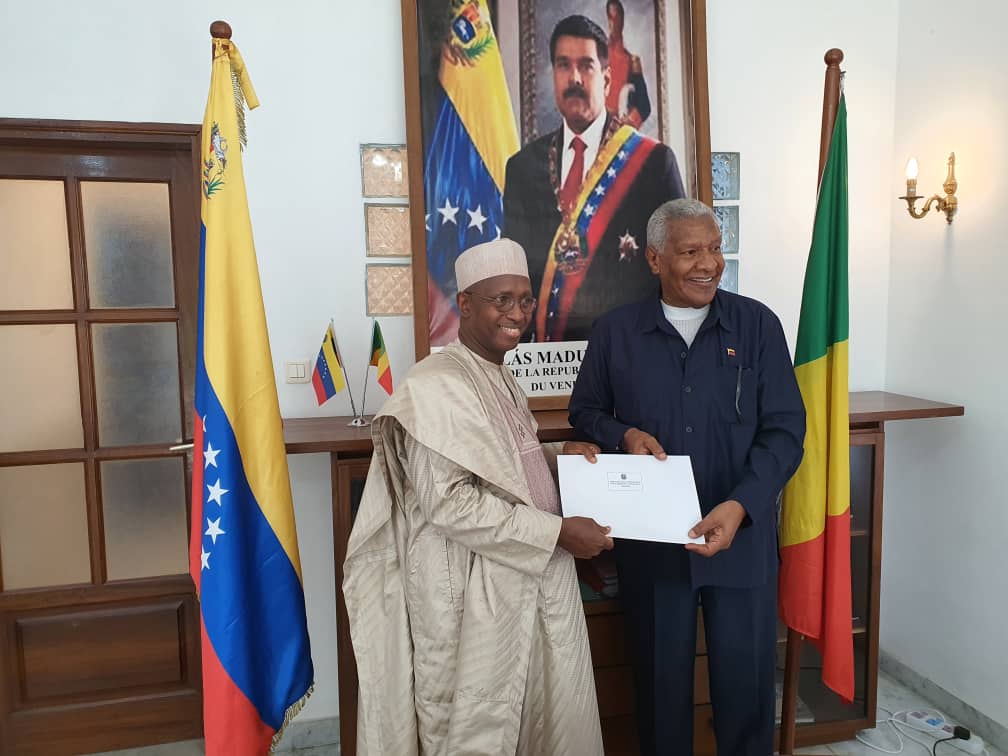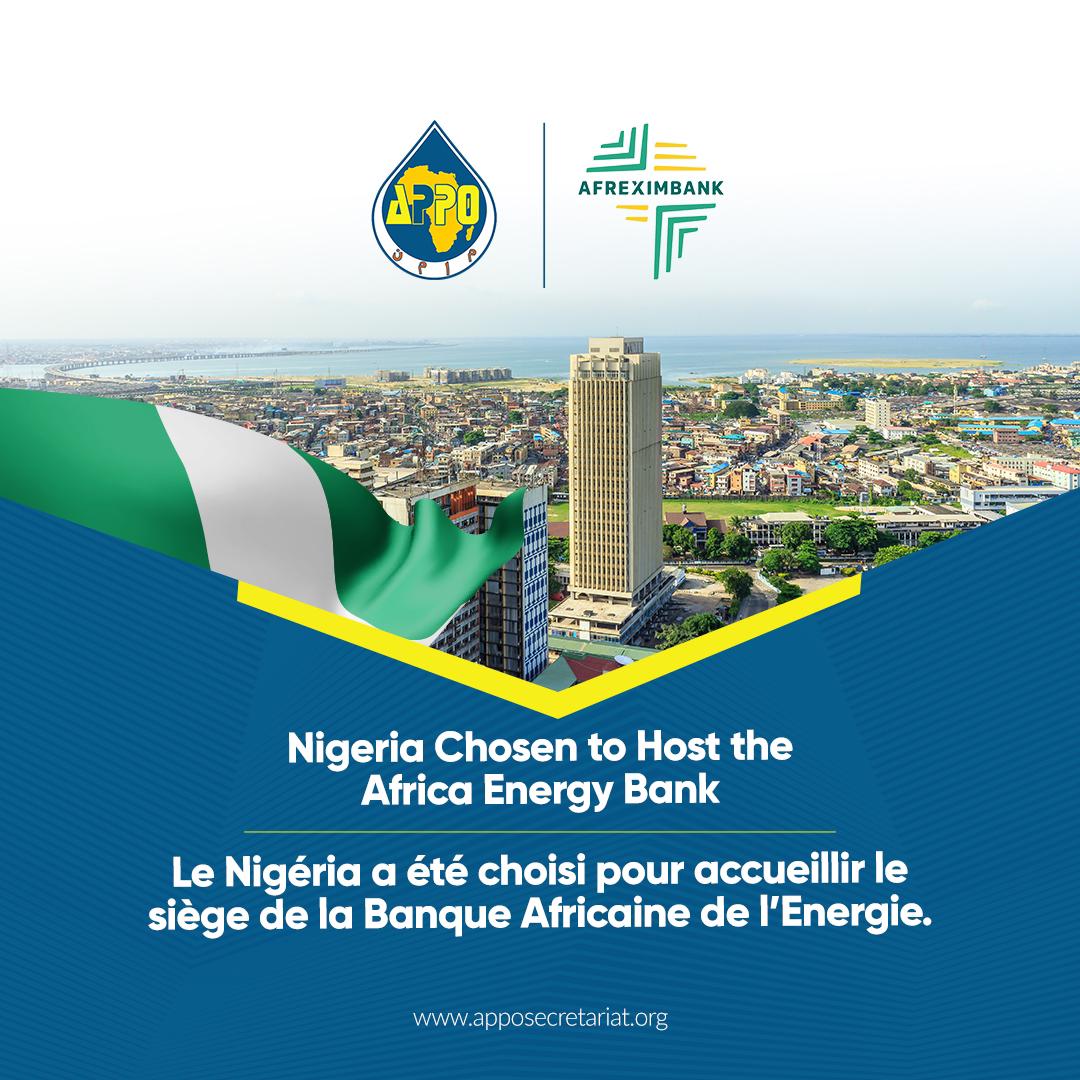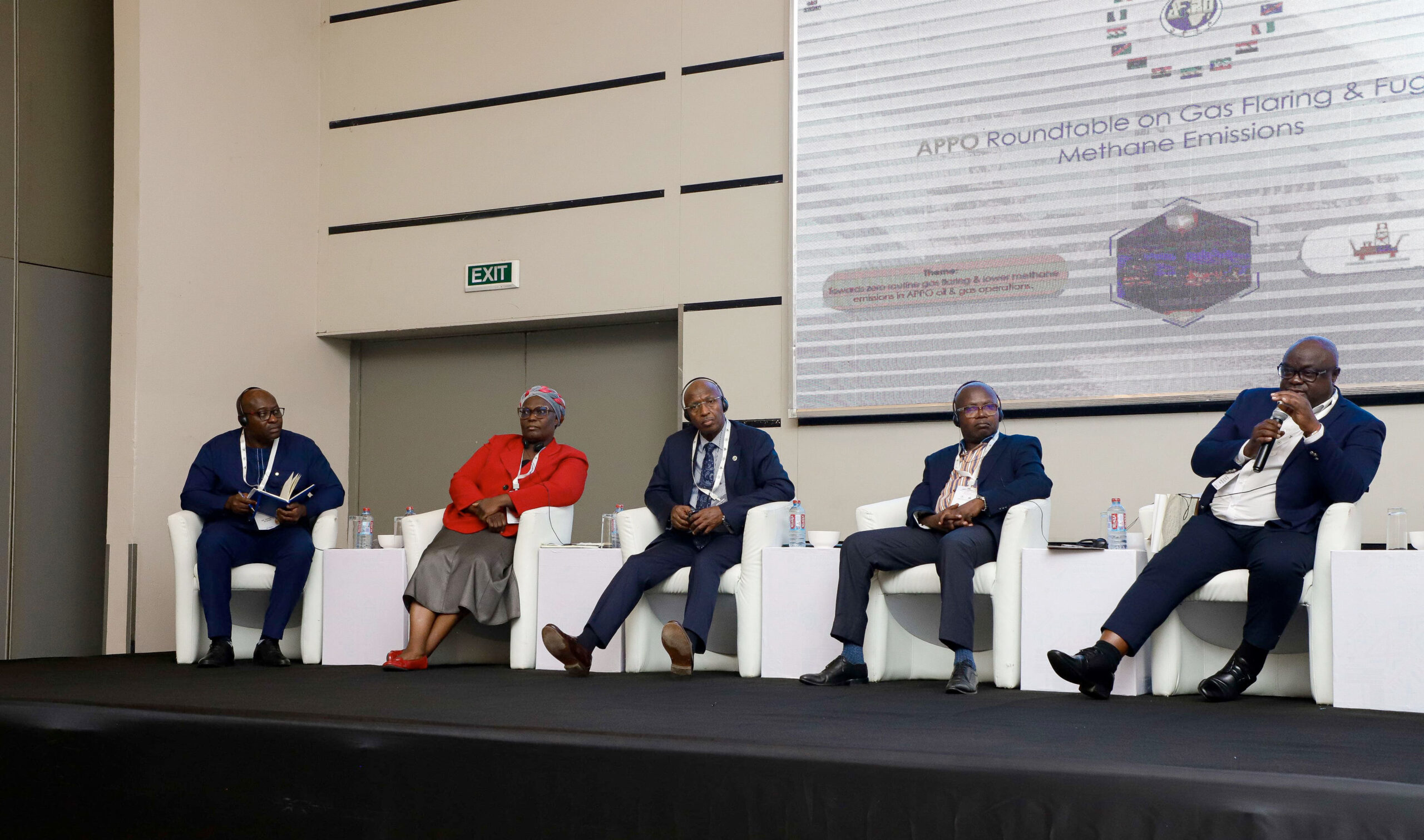- Your Excellency John Dramani Mahama, President of APPO Member Country, the Republic of Ghana, Honorable John Abdulai Jinapor, Minister of Energy and Green Transition and Head of Ghana’s Delegation to the APPO Ministerial Council, Honorable Members of the National Assembly of Ghana, Excellencies Ministers of APPO Member Countries here present, Excellencies Members of the Government of the Republic of Ghana, Excellencies members of the diplomatic corps, Captains of the oil and gas industry from Ghana and outside, ladies and gentlemen.
- I should like to express my personal appreciation and that of the Organization that I have the privilege of heading, the Africa Petroleum Producers’ Organization, APPO, to Minister John Abdulai Jinapor and Paul Sinclair and his team at Sankofa for the invitation to be a part of this maiden edition of the Africa Oil Week, since relocating from Cape Town to Accra.
- I would also like to use this opportunity to thank the Government and good people of the Republic of Ghana for their hospitality in providing a new home to AOW. With your support, AOW, which is already in its 3rd decade of unbroken record of organizing continental energy event shall put Accra on the African map of energy cities.
- Permit me also to express the appreciation of APPO to His Excellency President John Dramani Mahama for leading by example. Your Excellency, your minister for Energy and Green Transition has consistently harped on your government’s serious commitment to ensuring that Ghanaians benefit from their God-endowed oil and gas resources, and your determination to provide conducive environment for the industry to thrive. He has been calling for investment in the oil and gas industry in Ghana.
- Action, it is said, speaks louder than words. To me, Your Excellency’s presence at this maiden edition of the Africa Oil Week is all that the energycommunity needs to confirm everything that your minister has been telling them about the seriousness of this government about encouraging oil and gas investors and growing the industry in Ghana. Thank you, once again, for exemplary leadership.
- Excellency, a couple of years ago, APPO conducted a major study on the future of the oil and gas industry in Africa in the light of the energy transition. That study established that the energy transition poses three imminent challenges to the African oil and gas industry. These are the challenges of funding, of technology and of markets.
- The study noted that in the about 100 years that Africa has been producing oil and gas, it has been heavily dependent on others outside Africa for finance to fund its oil and gas projects, on foreign technology to find, produce and process its oil and gas and on foreign markets for its oil and gas.
- Our countries came to accept these realities as givens. We were made to believe that we are too poor to raise funds for oil and gas projects and so have to depend on foreign financiers. We were made to believe that oil and gas technology are so complicated and therefore beyond the capability of our research institutions. So we have to depend on the technology developed by the smart foreigners. Finally, we were made to believe that energy is an expensive commodity and that Africans are too poor to buy it. So we produce energy not for our own people but to sell to those who have the purchasing power, while we get their dollars or pounds or euros with which we buy their manufactured goods and services, and sometimes indulge in conspicuous consumption of mostly foreign goods.
- All these were considered normal until world leaders gathered in Paris in 2015 and signed the Paris Climate Agreement which literally pronounced the global commitment to ending the use of fossil fuels. Since then, the game has changed. The traditional financiers are withdrawing. The oil and gas research development and innovation institutions are moving away to renewable energy research. And sanctions are being placed on fossil production.
- To make matters worse, Africa with 17% of the world’s population which is said to have contributed 3% of global emissions is being asked to abandon its oil and gas in order to save a common patrimony called the planet earth that has been used and abused by today’s industrialized countries.
- In APPO, we don’t contest climate change. Not necessarily because we believe it is true. But more because we do not have what it takes to disprove the claim. And even if it is true, we know that today’s proponents of climate change did not stumble on this knowledge in the last 50 years. Research by European climate scientists in the 1859 and 1896 had established a link between fossil fuel emissions and climate change.
- But because today’s industrialized countries were then industrializing and needed all the energy they could get to successfully industrialize their nations, they put aside the findings of those studies.
- Two developments made them to bring go for the studies one hundred years after they had been published. The first was the transformation of their economies from reliance on heavy industries for wealth creation to knowledge production and AI. The second was the realization since the Arab Oil embargo on 1973 that they had been heavily dependent on foreign energy. So it is more an issue of energy security that climate concerns.
- For us in APPO, the energy transition has been a blessing. For the first time, it has made us to seriously begin to look within to find solutions to our common challenges.
- For the funding challenge, we have partnered with Afreximbank to found the Africa Energy Bank whose main objective is to wean Africa from over reliance on foreign financing for its energy, particularly oil and gas propjects.
- As most of you may know, we are on the verge on formally launching the Bank. We are waiting for the APPO Ministerial Council to meet to approve the proposed date for the formal launch. I would like to use this opportunity to express our appreciation to APPO Member Countries that have paid for all or part of their allotted in the equity of the AEB.
- Thank you the Republic of Ghana for being among the first subscribers. Thank you Nigeria and Angola for your faith in Africa.
- On technology, we believe that the old strategy of each oil and gas producing country in Africa establishing oil and gas research and development institutions as well as oil and gas training institutions and aspiring to be world class has failed us.
- And the reason is obvious. We have been operating in silos. Now APPO is championing a change in that strategy. We are looking at having regional centers of excellence in various sectors of the oil and gas industry. We have started with the creation of the Forum of Directors of Oil and Gas Research, Development and Innovation Centers, as well as Forum of Oil and Ghas Training Institutions. Our hope is that some of these institutions will in the very near future be classified as regional centers of excellence and we will have an MoU with the country to ensure that the institution serves the continent.
- Finally on markets we have been made to believe that we are too poor to buy energy and that is why we produce for others, not our own people. How else does one explain the paradox of a continent with the largest proportion of the world’s population living with no access to energy – 600 million Africans especially in sub-saharan Africa do not have access to electricity, while nearly a billion have no access to clean cooking solutions, exporting 75% and 45% of the oil and the gas that it produces respectively?
- In APPO we do not believe there are no markets in Africa. Rather, we believe that not enough has been done to develop the potential market on the continent. Markets do not just happen. They are consciously and strategically developed. When Europe was destroyed during World War 2 the US came up with the Marshall Plan whose objective was to revive the comatose European economies so that the US will have trading partners. Why can’t we resolve to provide the necessary infrastructure for the energy economy to grow in Africa?
- Again, APPO is leading hu example. Together with CABEF, we are pursuing the building of the Central Africa Pipeline System, CAPS, which shall link 11 Central African states by crude, products and gas. I am pleased to say that CEMAC Secretariat approved the concept of the project and has decided to take it to the next Head of States Summit of the CEMAC scheduled for this month in Bangui, Central Africa Republic.
- In conclusion, let me say that the solo model has failed our continent. Our salvation lies in cooperation and collaboration. O
- Returning to AOW, I wish you continuous success as you put Ghana on the African, indeed global, energy map.
- I thank you all for your kind attention



